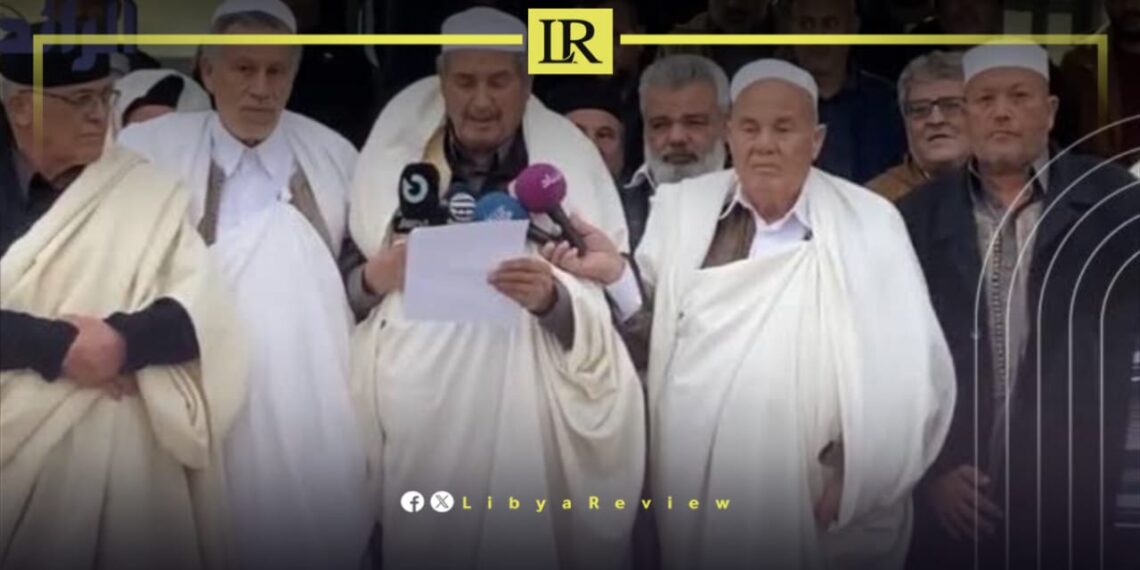On Saturday, the Amazigh Supreme Council in Libya warned against the militarization of Tripoli, rejecting any attempt by armed groups or political factions to impose control over the capital under any justification.
In a statement released by the Supreme Council of Amazigh in Libya and representatives from Zuwara, they made it clear that they oppose the use of force to gain power or monopolize state institutions.
The council denounced any form of political or military dominance that threatens civilians, destroys private or public property, or deepens divisions among Libyans.
They condemned efforts by what they called “governments of imposed reality” to use coercion or violence to hold onto power, adding that no political objective should come at the cost of national unity or public safety.
They also strongly opposed arbitrary arrests and restrictions on freedom targeting opponents or dissenters, calling such acts a violation of basic rights and a dangerous precedent for the country’s fragile political future. The council urged all parties to abandon military options and focus instead on dialogue and peaceful negotiation.
In their statement, the Amazigh representatives emphasized the importance of inclusive dialogue and national reconciliation. They called on all Libyan cities and communities to come together to protect what remains of the nation’s social fabric and to work toward a future built on mutual respect and shared responsibility.
The council further criticised the United Nations Support Mission in Libya (UNSMIL), holding it partially responsible for the worsening political and security landscape.
According to the statement, the mission has failed to prevent escalating tensions and has not succeeded in guiding Libya out of its prolonged transitional phase. The council noted that more than a decade of division and political instability has caused deep harm to Libyan society, weakened state institutions, and inflicted economic suffering on ordinary citizens.
They concluded by affirming their commitment to national unity and peaceful political solutions, warning that Libya’s future must not be shaped by force, threats, or foreign manipulation.


